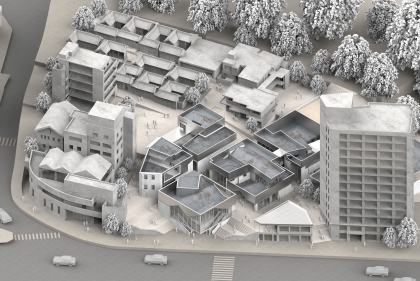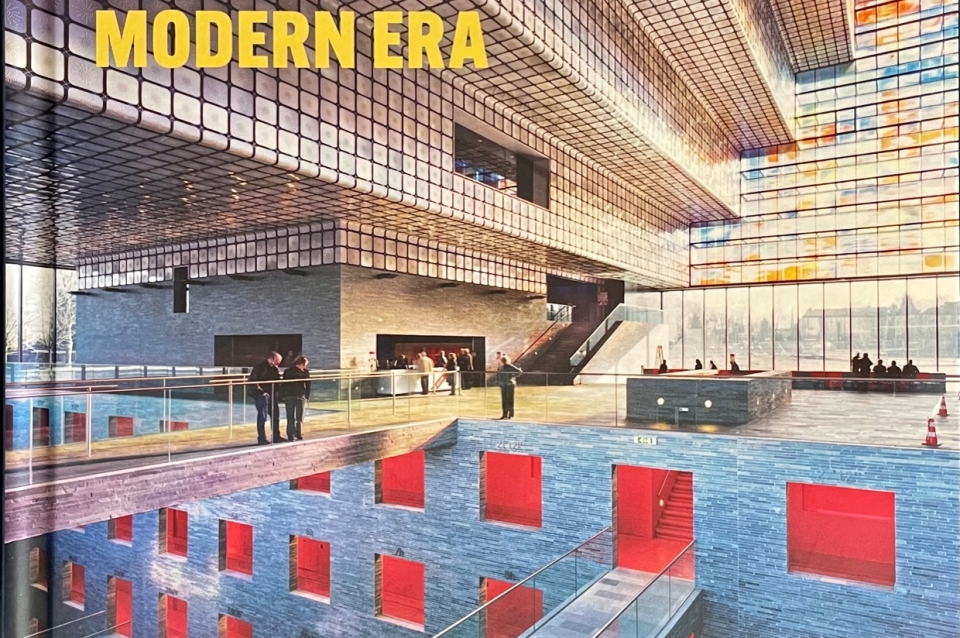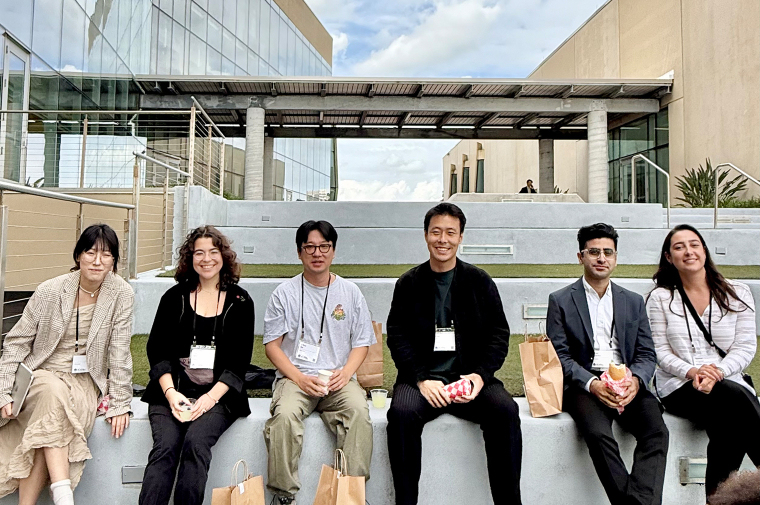December 24, 2024
Stuart Weitzman School of Design
102 Meyerson Hall
210 South 34th Street
Philadelphia, PA 19104
Get the latest Weitzman news in your Inbox
Areas
Elie Haddad, an alum of PhD in Architecture program and the author of Modern Architecture in a Post-Modern Era, recently reviewed in Building Design. Reviewer Jon Wright describes Elie G. Haddad’s book as a concise examination of post-war modernism, mapping the evolution of key architectural styles over six decades.
This book provides a survey of contemporary developments, starting with an introductory chapter on the transitional period of the 1960s and then examining the different movements that followed, charting a middle course between the ‘aesthetic’ histories that examine architecture solely in terms of its formal aspects, and the ‘ideological’ histories that subject it to a critique that often skirts the discussion of its formal aspects. Global in scope, each chapter begins with a theoretical overview of the ‘paradigm’ in question, leading to an examination of its main actors and projects. The survey concludes with a section on more recent trends, including environmental concerns that placed sustainability as one of the main objectives in architecture, in parallel to an aesthetic direction that blurs the boundaries between architecture and art, relying on technological innovations to develop ever more complex forms.


 Expand Image
Expand Image



